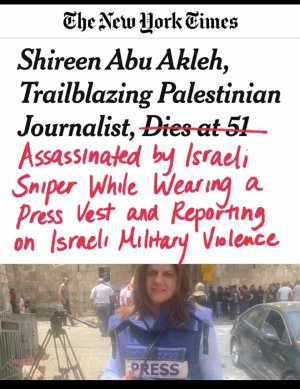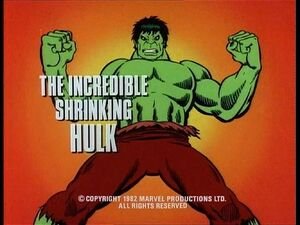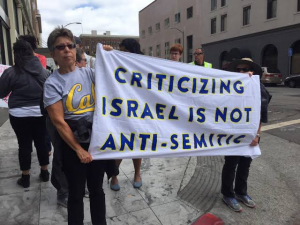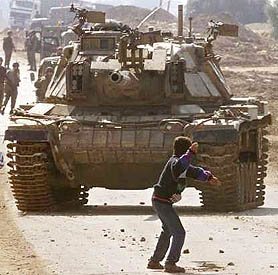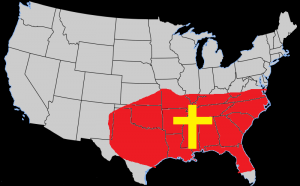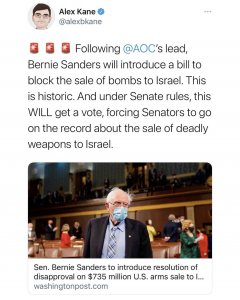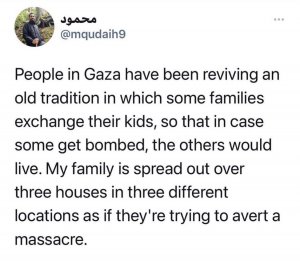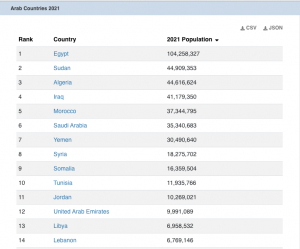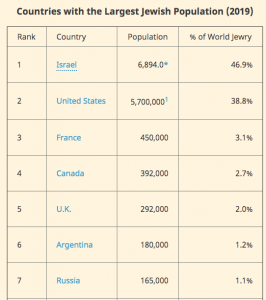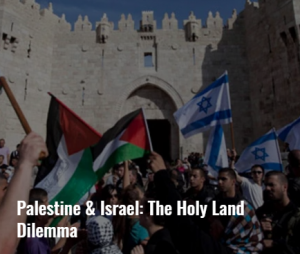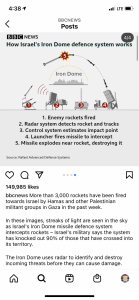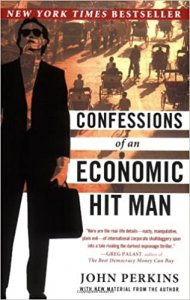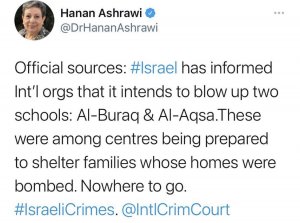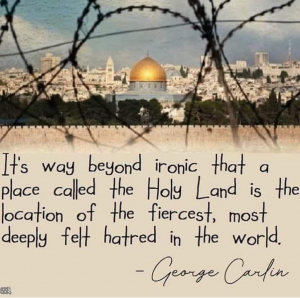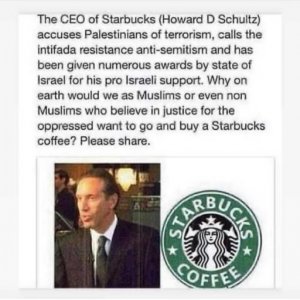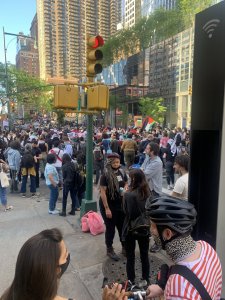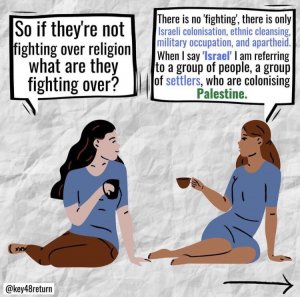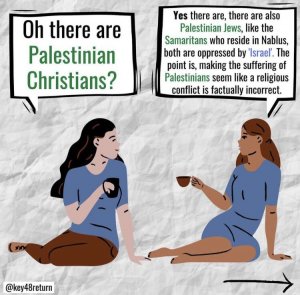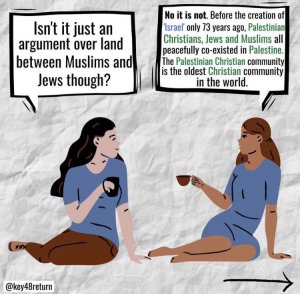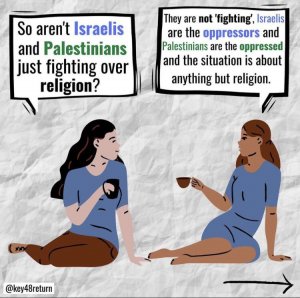sneakaprince
Supporter
- 16,497
- 20,220
- Joined
- Apr 29, 2007
I'll start with good thread and I'm glad to see NT tackle this issue in a mature manner. Props to you all NY family.
I recently listened to the Marc Lamont Hill's most recent book titled Except Palestine and I am so much more well versed on this topic than I would've been say 3 months ago.
With that said I stand with the BDS (Boycott, Divest, Sanction) movement. I can't knowingly fund the oppression of the Palestinians.
Here's more info on BDS
He is likely from the states g. Israel will fund for Jewish people to relocate to Israel. When this happens it often results in Palestinians losing their homes/ land.
Imagine inviting your long lost cousins to a family function then forcefully taking your neighbors land and saying this theirs now by birthright.
I haven't seen many people touch on it but the reason Gaza is packed out is because Palestinians families were forced to move there on some refugee camp stuff. They been in Gaza now for like 3-4 generations. A refugee camp for generation smh.
I forgot to add this is what empowers groups like Hamas, when you keep pushing people into a corner (especially people who typically have only been able to arm themselves with sticks and rocks) then of course they gonna side with the other extreme side that is at least ready to shoot back.
I remember your story, there must've been another Palestine vs Israel thread on here before because I swear I remember hearing about your wife specifically.
Thank you for being open minded enough to even discuss this topic and be truthful about your people. It's not easy to air out the dirty laundry of your tribe in a public manner.
Wild as **** g.
It's wild because the Jewish people have had a really rough go of things throughout history (long before the Holocaust) it's kind of been a pattern that when Blacks aren't around to blame, people tend to blame the Jews for whatever they can, **** is wild.
You would think that knowing their history they wouldn't want to create a nation-state only to oppress others around them (with the help of big brother America of course) but tribalism/ religion can make the brain do dumb ****.
I recently listened to the Marc Lamont Hill's most recent book titled Except Palestine and I am so much more well versed on this topic than I would've been say 3 months ago.
With that said I stand with the BDS (Boycott, Divest, Sanction) movement. I can't knowingly fund the oppression of the Palestinians.
Here's more info on BDS
Holy **** man, this is really colonization. Dudes sounds like he's from the states as well:
He is likely from the states g. Israel will fund for Jewish people to relocate to Israel. When this happens it often results in Palestinians losing their homes/ land.
Imagine inviting your long lost cousins to a family function then forcefully taking your neighbors land and saying this theirs now by birthright.
I haven't seen many people touch on it but the reason Gaza is packed out is because Palestinians families were forced to move there on some refugee camp stuff. They been in Gaza now for like 3-4 generations. A refugee camp for generation smh.
I forgot to add this is what empowers groups like Hamas, when you keep pushing people into a corner (especially people who typically have only been able to arm themselves with sticks and rocks) then of course they gonna side with the other extreme side that is at least ready to shoot back.
Thank you! I appreciate your response. There is no denying that what is happening in the Middle East is terrible. I am a Canadian born jew and I have a significant amount of family living in various parts of Israel. I attended a private hebrew school as a child and while the concept of "chosen people" was taught, it wasn't taught in a manner that makes Jews better than anyone else. I grant you, there are too many Jewish people in Israel and the rest of the world who do in fact think they are better than others. I make no excuse or explanation for that. It is flat out wrong and disgusting.
I am an elementary school teacher. In additon, I used to teach nightschool at a Yeshiva. In case anyone doesn't know, a Yeshiva is an Ultra Orthodox high school for only jewish boys. In my time there I was repeatedly disgusted by what I heard these young people say. One of them told me that no matter what my wife will never be a real jew. (my wife was born to a Turkish/Muslim father and a Filipino/Catholic mother) She went through a year long conversion process to convert to judiasm. That was a decision she had made, I was going to marry her regardless.
Sorry for my rambling. I say all that to say this. Israel is guilty of a lot of wrongdoings. I can understand why people think so negatively towards the country. I just think sometimes in all the hatred it is forgotten that there are many Israeli's and jews around the world who don't endorse the actions of the Israeli government. I think Netanyahu is a corrupt piece of ****! A sentiment shared by essentially my entire family both in Israel and in Canada.
There is an Israeli activist (Rudy Rochman) who has a youtube channel and Instagram. For anyone interested, I'd suggest checking him out. His activism is about bringing Israeli and Palestinian people together to open the lines of communication and to figure out how to move forward.
I remember your story, there must've been another Palestine vs Israel thread on here before because I swear I remember hearing about your wife specifically.
Thank you for being open minded enough to even discuss this topic and be truthful about your people. It's not easy to air out the dirty laundry of your tribe in a public manner.
man religion wild..
Wild as **** g.
It's wild because the Jewish people have had a really rough go of things throughout history (long before the Holocaust) it's kind of been a pattern that when Blacks aren't around to blame, people tend to blame the Jews for whatever they can, **** is wild.
You would think that knowing their history they wouldn't want to create a nation-state only to oppress others around them (with the help of big brother America of course) but tribalism/ religion can make the brain do dumb ****.



![Alien 0] 0]](/styles/default/xenforo/NTemojis/alien.gif)















